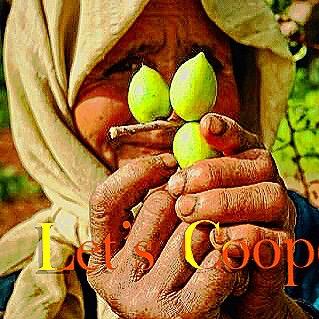
MarocCooperativ's JumboTweets
Cooperatives Development in Morocco
Cooperatives have played an important role in the economic development of Morocco, particularly in rural areas. The Moroccan government has actively supported the development of cooperatives as a means of promoting economic growth and improving the standard of living for rural populations.
In the past, the government has implemented policies and programs aimed at promoting cooperative development, such as providing training, technical assistance, and access to credit. These efforts have helped to establish a strong cooperative movement in Morocco, with thousands of cooperatives operating in various sectors, including agriculture, craftsmanship, and services.
However, despite the positive contributions of cooperatives to the Moroccan economy, the sector still faces some challenges. One of the main challenges is a lack of access to financial resources, which can limit the ability of cooperatives to expand and modernize their operations. Additionally, there is a need for better governance and management of cooperatives, as well as a need for more effective legal and regulatory frameworks to support the sector.
In recent years, the Moroccan government has taken steps to address some of these challenges. For example, the government has launched a new cooperative development strategy which aims to modernize the sector and increase its competitiveness. This strategy includes measures such as the creation of a cooperative development fund to provide access to financing and the establishment of a national training center for cooperatives.
Overall, cooperatives in Morocco have played a vital role in promoting economic development, improving the livelihoods of rural populations, and fostering social and economic integration. Despite the ongoing challenges, the sector continues to evolve and adapt, and there is potential for further growth and success in the future.
